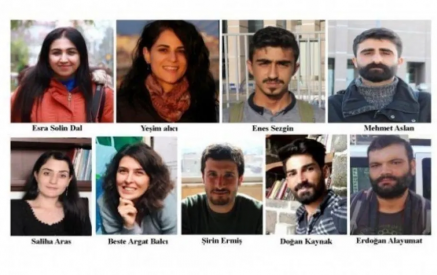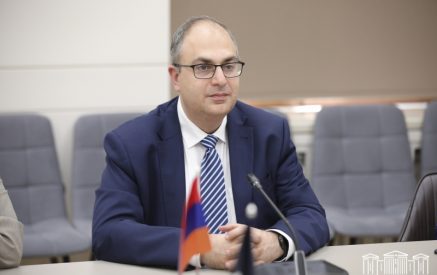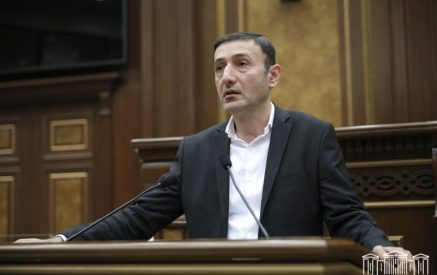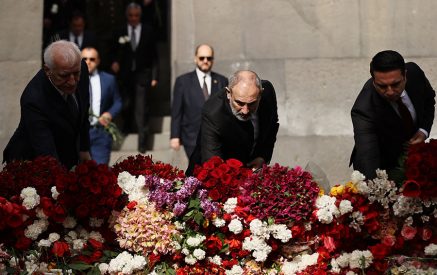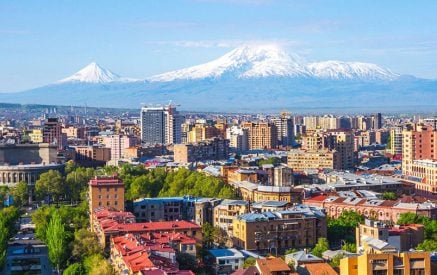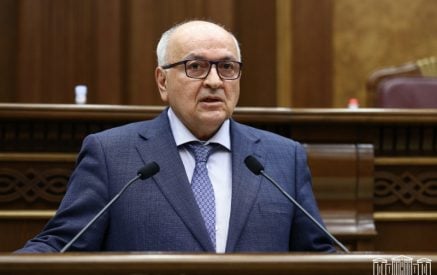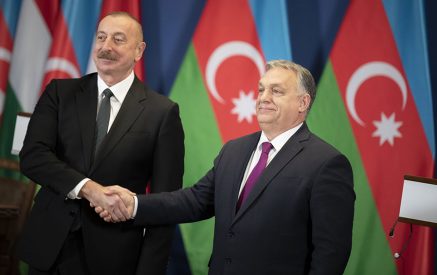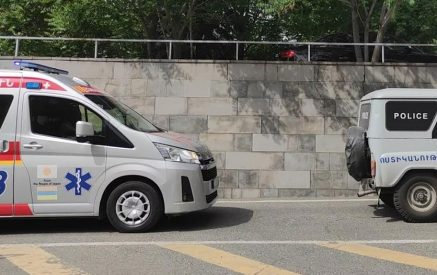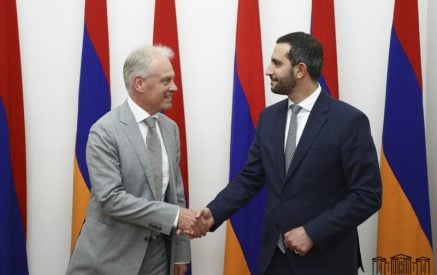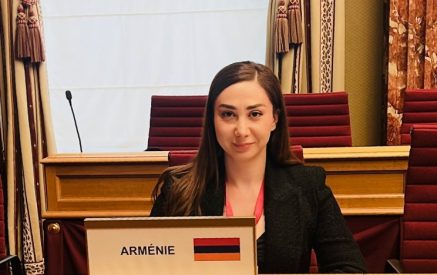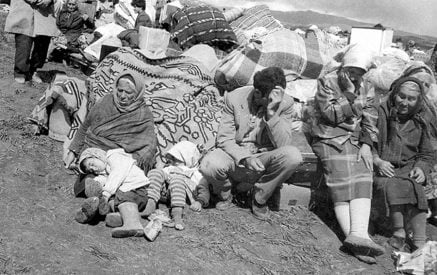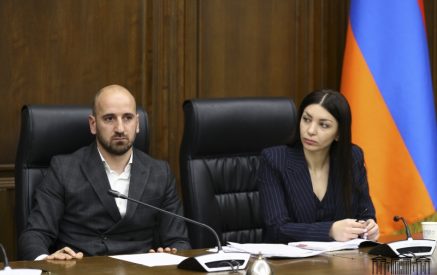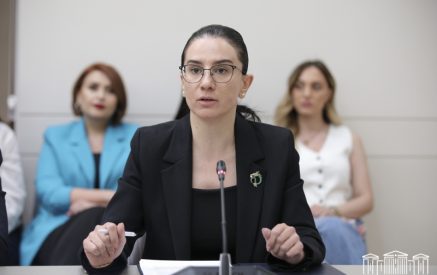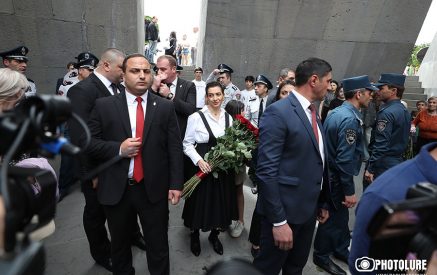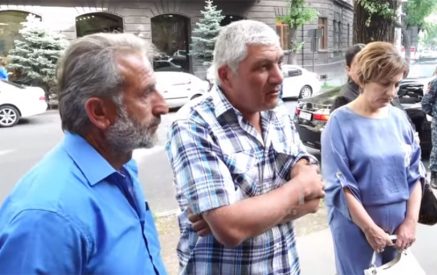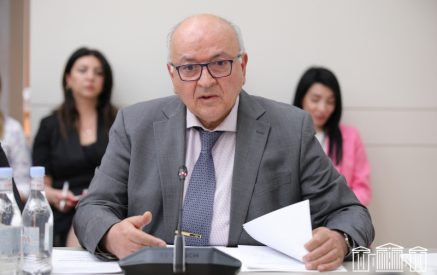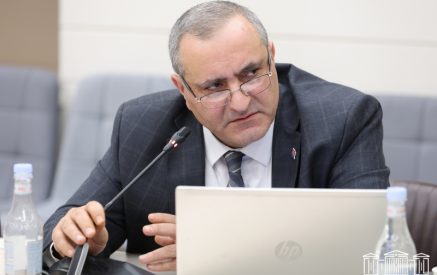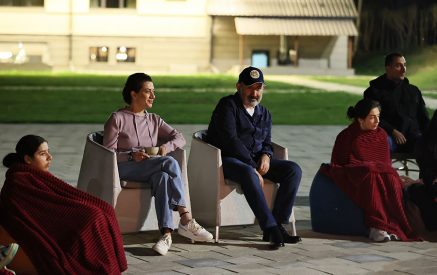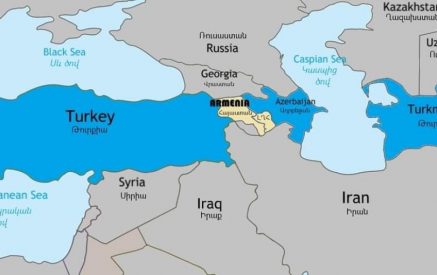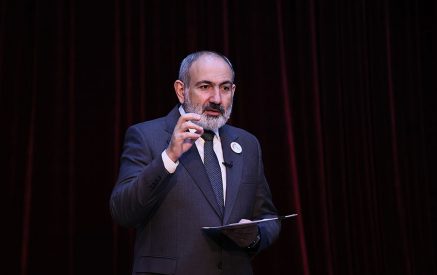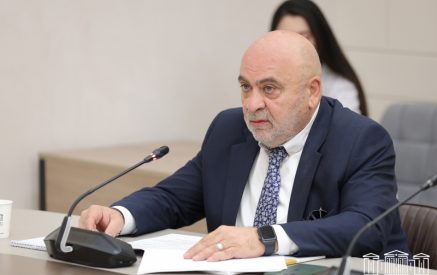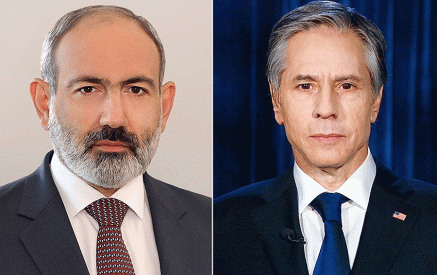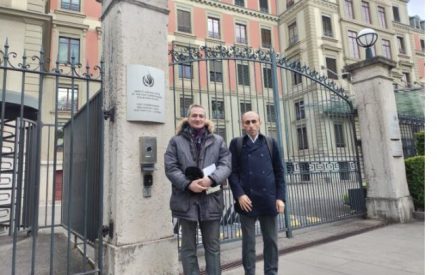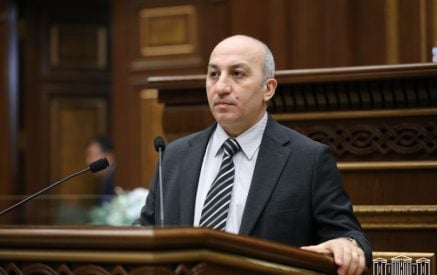With some 3.5 million people already forced to flee Ukraine since Russia’s military attack began less than a month ago, a rapidly increasing number of those in need of protection mean a concerted effort is crucial to provide them with longer-term assistance, said the OSCE Office for Democratic Institutions and Human Rights (ODIHR).
“The response to the ongoing humanitarian crisis as civilians have fled Ukraine has been heartening. But we have to be aware that challenges are likely to increase,” said ODIHR Director Matteo Mecacci. “At the same time, countries can and should now take a careful look at their migrant integration policies and see what can be improved. Prejudice and discrimination have been on the rise across the OSCE region for too long, and now is the time to counter that downwards spiral.”
The willingness of Ukraine’s neighbours and the European Union as a whole to receive people fleeing Ukraine and to provide them with temporary protection and immediate assistance has been remarkable. At the same time civil society organizations, the private sector and countless ordinary citizens have also played a major role, mobilizing swiftly and providing an astonishingly generous welcome to those fleeing the conflict.
The risks faced by those fleeing or displaced by armed conflict are high, with women and children particularly vulnerable to human trafficking. While the efforts of governments and civil society in Ukraine and neighbouring countries have been focused on the immediate risks and on ensuring the protection of those fleeing Ukraine, there is a lack of coordination at border crossings, transportation hubs and reception facilities, as well as a lack of information for refugees as they arrive on the threat of becoming a trafficking victim. ODIHR is currently planning a number of anti-trafficking responses, including specialized support for countries neighbouring Ukraine and assistance in strengthening their anti-trafficking response systems.
Read also
It is vital that all people fleeing Ukraine are given the support they need not only now, but also in the coming weeks and months. All the countries receiving refugees are facing enormous economic and logistical challenges, with the need to provide them not just with urgent assistance, but also longer-term support, including housing, healthcare and education, and potentially access to the labour market. ODIHR is working with state institutions to provide training on refugee integration, as well as training civil society organizations to monitor human rights at international borders and supporting dialogue in communities that may come under pressure as they grow and change.
All countries of the OSCE have recognized that the rights of people at risk of displacement or already affected by it “need to be effectively protected in all phases of the conflict cycle” (Vilnius 2011). OSCE countries have also committed to “promote dignified treatment of all individuals wanting to cross borders, in conformity with relevant national legal frameworks, international law, in particular human rights, refugee, and humanitarian law” (Ljubljana 2005). These commitments are now more important than ever.
The Geneva Conventions stipulate that all parties to a conflict must do their utmost to ensure that civilians and the wounded can be removed from danger, as well as allowing the rapid and unimpeded passage of medical equipment and personnel, as well as food and clothing for babies and small children.
Public Affairs Unit, OSCE Office for Democratic Institutions and Human Rights

